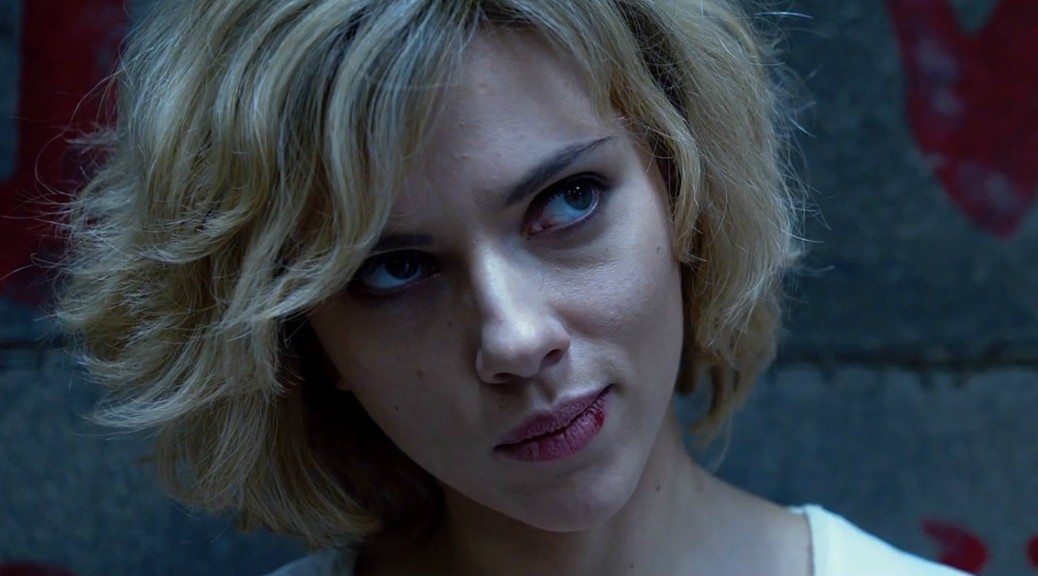The Mission Impossible films are to storytelling what the Slam Dunk Contest is to the NBA Playoffs. It’s all spectacle because that’s what it’s supposed to be. No one watches the dunk contest thinking they’re going to see a full game.
So it goes with writer-director Christopher McQuarrie’s Fallout, the sixth film in the franchise. The convoluted plot unfurls faster than even the smartypants characters can keep up with. This time Ethan Hunt’s (Tom Cruise) mission, and he chooses to accept it, involves keeping three orbs of plutonium from falling into the grasp of a terrorist syndicate of inchoate commitments. What’s really objectionable about these terrorists is that they’re beliefs are hilariously generalized.
Hunt and his homeboys, Luther and Benjy (Ving Rhames and Simon Pegg), must broker a deal to obtain the weapons before the terrorists, known as The Apostles, blow up the world. These terrorists are a mountain of ideological contradictions. It seems they’re anti-… belief systems? They think the public’s faith in the law, society, and religion is misguided. Greater disaster, they insist, leads to greater peace, or some such nonsense. The one thing you can’t take away from real-world terrorists is they have their principles. Not these guys.
But Fallout isn’t interested in ideas or principles. The film could make some kind of thematic move if it made the terrorists’ beliefs something realistic, but their grievances are so generic that this might as well be an alien invasion.
How then is Fallout so delectable an experience? All spy stories, to one degree or another, are about what patriotism and sacrifice mean. Hunt has sacrificed a lot for his work. McQuarrie’s screenplay establishes that early with a dream-fantasy sequence in which Ethan’s wedding is disrupted by disaster. Ironically, the only tiresome spots in the film are these moments, when our charismatic hero ponders all he’s lost for his work.
We don’t like Ethan because he’s had his personal life wrecked by the spy trade any more than we like John McClaine because he wants to get back with his wife. What we dig about these guys is their audacity. Contrary to every screenplay writing guru’s advice, I’ve long held that in the better action films it’s the artfulness of the action, not the relationships, that actually draws us in. The fact that Ethan has loved and lost is a common experience; guys crashing helicopters and jumping off of rooftops like Spider-Man is not.
And boy does he. For most of the film’s parade of preposterous contrivances of double-crosses and aliases and daredevil close calls Cruise is joined by Henry Cavill, a younger secret agent known for his lack of a soft touch. Cavill has been assigned to work alongside Ethan. The government trusts Ethan enough to get the plutonium but not enough to do so without supervision from a less experienced spy. Together, the two impossibly handsome stars dart from fight scene to chase scene to whatever chaos is happening and leave stacks of dead bodies in their wake. The most astonishing of these set pieces involves Cavill and Cruise jumping from a plane at dusk over Paris with cinematographer Rob Hardy jumping with them — with an IMAX camera strapped to him.
This literally awesome stunt is the centerpiece of Fallout‘s action. I, however, found the car stunts and chases more impressive. Cruise races through Paris on motorcycles, fishtails four-door sedans, jumps out of planes, and flies helicopters trying to stop these utterly uninteresting villains from engaging in nuclear terrorism. Tom Cruise’s sheer zeal for the stunts combines with his awareness of his own charms in a way that’s as mesmerizing as it is distracting. With every leap from a building or sharp turn taken on a motorbike, the fifty-six-year-old seems to ask “Isn’t it something that I’m willing to do all this?”
A bathroom fight scene goes on forever and is admirable for its realism. A shootout in a sewer is that rare darkly lit action scene that looks good and pays off in an interesting fashion. McQuarrie’s direction is restrained. The action moves fast, but the editing is disciplined, with lots of medium and wide shots that allow us to see the whole performances. That, alone, makes Fallout a high-quality action film. The so-called “emotional stakes” for Ethan feel set in place as more a convention of blockbusters than as a necessity of anything the film intends to achieve.
Mission Impossible: Fallout — THREE STARS
Directed by Christopher McQuarrie
Rated PG-13
Paramount Pictures
Bad Robot
147 min.

